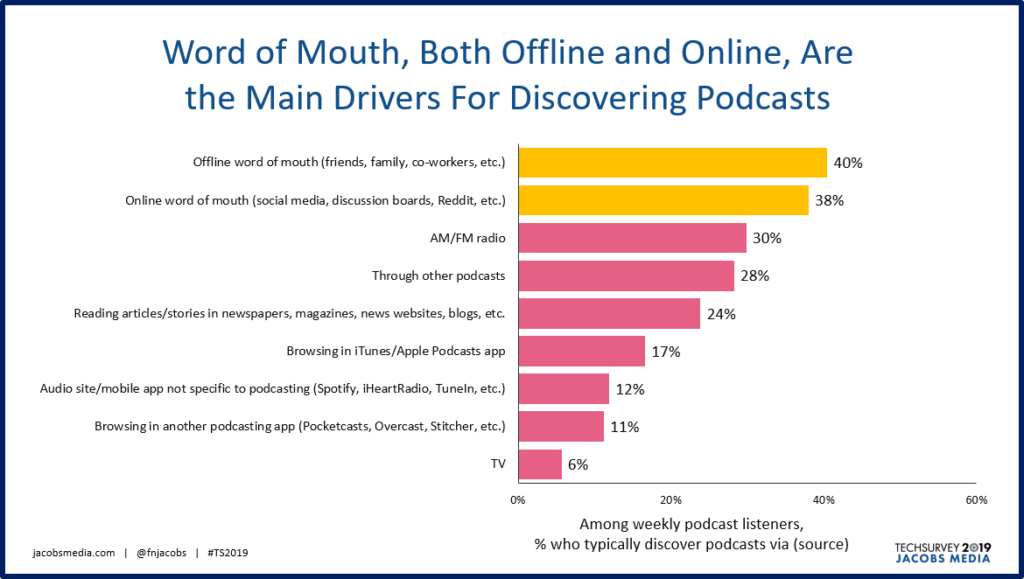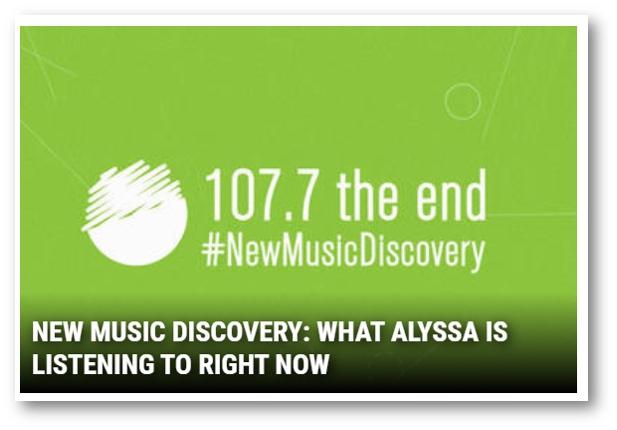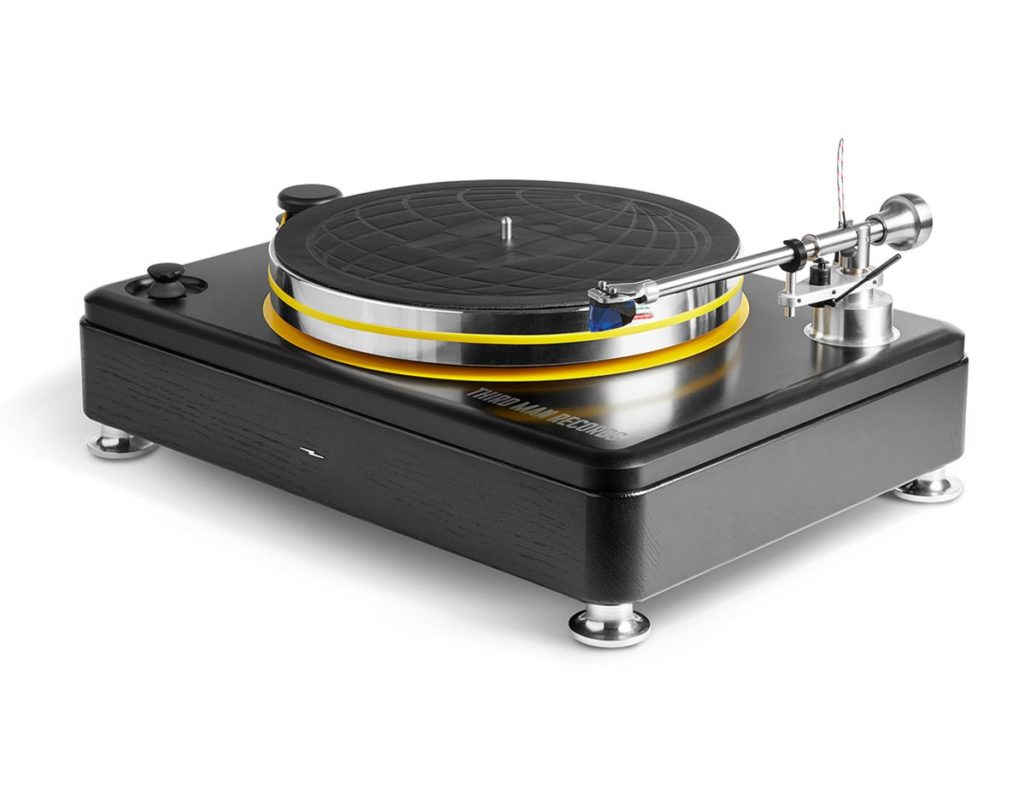
In recent years, there’s been a lot of talk about Artificial Intelligence, and specifically, algorithms that make our media lives more streamlined and personalized by learning our tastes and our habits.
We’ve all gotten used to having products, services, and media choices introduced to us – based on our past behavior. Whether it’s watching video streaming content on Netflix, ordering another Margaret Atwood book on Amazon, or dining at another restaurant on Open Table, there’s no shortage of machined learned recommendations trying to induce us to buy more stuff.
When it works, that is.
Because so often, those algorithms are flawed. They work – sometimes. But how often does a recommendation fall a little short – or be way off the mark – reminding us that AI technology still has a long way to go?
When my daughter was in high school, we started buying her books on Amazon. And that’s when I started getting “inspired by your shopping trends” recommendations for books on French literature, sociology, and world history.
But it got worse with Pandora. I’d select a favorite song like “Reason To Believe” by Rod Stewart, and instead of getting served up songs with a Faces influence, I instead started hearing sappy ballads by all sorts of artists. We’ve all been there, and sometimes, algorithms actually seem to get worse over time.
A recent story in the New York Times – “Personalization Has Failed Us” – by Thorin Klosowski took on this gnarly tech topic.
He calls them “recommendation algorithms” or “curation algorithms” – but they are only using our own selections to build their content suggestions. The whole purpose of discovery – movies, books, music, TV series – is to get turned on to content you might not have found yourself.
And yet, when we ask about recommendations of different types of content – especially podcasts, we find the advice we get from other people – in person or online – usually trump machine-inspired fringe content that just fails to make the cut.

Too often, algorithms fall short because they make false assumptions about our tastes. As Klosowski accurately points out, “You may love the Beatles but hate the Rolling Stones.” But in most playlist-based recommendation engines, the algorithmic assumption is that you like both bands because of their obvious similarities in both proximity and popularity.
Personal taste isn’t just complex – it’s personal. We all have different histories, pop culture arcs, and experiences, depending on where we’ve lived, where we were educated, who we lived with, and how we are wired.
That’s why when you find a friend who has great taste in movies – that is, she has an established track record of finding those indie films you’ve never heard of, but end up enjoying – you keep going back.
Musically, for example, when someone knows you and they are blessed with a good ear, you come to depend on their taste in trends, albums, and new artists. Isn’t that where a radio station and its trusted, credible personalities come into play?
That came to mind recently while reading a thought piece, simply titled “Human vs. Algorithm Recommendations” in Medium by Craig Snyder. Here are some of his observations about his long-term relationship with music:
I miss listening stations at record shops.
I miss being able to have a shared radio experience with friends.
I miss new release listening parties that people actually show up to.
I miss having 3 opening bands and showing up early to see the bill.
I miss having a local digital music library that I can share with friends.
I miss my friends having a local digital music library that they can share with me.
Most of all, I miss human recommendations.
That last line got me because it speaks to the way many people grew up – listening to influential radio stations and the DJs that knew their music. We didn’t refer to it as “curation” back then, but that’s precisely what it was.
Now, not every station today owns a strong music brand, or personalities that matter, like Pat Martin (KRXQ), Bob Stroud (WDRV), Pierre Robert (WMMR), Andy Langer (Austin City Limits Radio) or Christy Taylor (Go 96.3).
But when  you do, leaning into their musical taste, knowledge, and credibility makes all the sense in the world. Isn’t that a big reason why they’re on your staff in the first place?
you do, leaning into their musical taste, knowledge, and credibility makes all the sense in the world. Isn’t that a big reason why they’re on your staff in the first place?
Sure, they’re all great on the air, but it’s hard to show your stuff in a :60 break. But on your other assets – your website, social media pages, and other online megaphones – their musical tastes can be showcased, and even amplified.
Many stations shy away from Spotify for competitive reasons, but the fact is your best personalities building playlists on that platform, dynamically changing over time, can be a unique way to connect with music fans in your market – and beyond.
Using web tools to extend brands is a key to developing more influence and cred. It’s the way for stations and knowledgeable personalities to expand their circles, grow their audiences, and make their marketing opportunities more valuable.
While algorithms may get better over time, you have to believe many consumers already take them with a grain of digital salt. They have failed so many times, most of don’t make decisions on them or taken them all that seriously.

But a trusted, credible local radio host?
A whole different story. And smart radio broadcasters can leverage their time in grade, their local chops, and their expertise to help re-establish a station in the music world.
Craig Snyder ends his commentary with this charge:
“We need to figure out how to activate fans again. There’s no excitement or build-up for releases any more. We’re not making recommendations to friends. We’re overly reliant on algorithms and while they are good, we’re missing the human element. We’re missing an opportunity to connect. We’re eliminating the social piece from music and no — social media isn’t a replacement.”
So, what’s on YOUR turntable?
Many thanks to Paul McLane and Dave Beasing, both of whom inspired this post.
- A 2020 Lesson?It Could All Be Gone In A Flash - April 24, 2025
- How AI Can Give Radio Personalities More…PERSONALITY - April 23, 2025
- Can Radio Afford To Miss The Short Videos Boat? - April 22, 2025




Leave a Reply